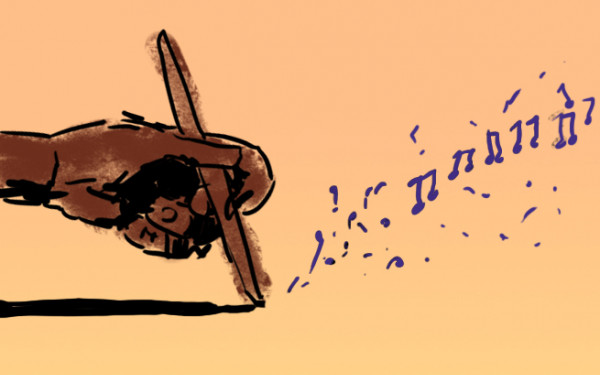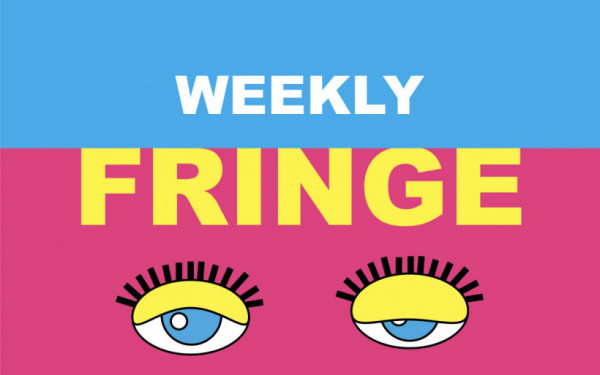Massimadi Festival’s 13th edition is underway showcasing Black and queer artists
The Massimadi Festival is screening over 30 films online for free from Feb. 12 - March 12 Courtesy Massimadi Foundation
Montreal art and film festival with a theme of resistance is shining a light on underrepresented communities
The 13th edition of the Massimadi festival is taking place online this year from Feb. 12 to March 12. The film and arts LGBTQA+ afro festival is presenting over 30 films and other events such as panels and expositions.
President of the Massimadi foundation, Laurent Maurice Lafontant, explained the festival was created with an aim to fight homophobia and transphobia within the Black community. Started in 2009, the festival always takes place during Black history month to shine a light on Black LGBTQA+ community members.
The Massimadi festival sends a message that LGBTQA+ communities and Black cultures are not only linked to stories of oppression. Lafontant explained that people can not simply interest themselves in these communities when it comes to stories of oppression, discrimination, or police brutality. He said they must also be interested in the everyday lives and diverse stories from those who make up the communities.
“It’s not just political combat,” said Lafontant when referring to what makes up the diversity of LGBTQA+ and Black communities. “There’s also relationships of love, relationships with family, the pursuit of dreams, and artistic expression.” Consequently, that is exactly what the events of the festival represent.
_1200_675_90.jpg)
All of the films and events focus on celebrating and recognizing Black and LGBTQA+ members. Rooted in values of respect, inclusivity, and open-mindedness, the festival’s objective is to showcase under-represented individuals.
“We construct ourselves in a way that reflects what is around us, and not seeing ourselves can sometimes send a message that we don’t exist in society or that we hold an inferior position in society,” said Lafontant when talking about the importance of recognition. “So, that’s the importance of seeing ourselves. It’s to create a better feeling, a feeling of belonging to Quebec and Montreal societies.”
This year’s theme of resistance corresponds with everything that happened in 2020—from the pandemic to the Black Lives Matter protests. “We chose this theme mainly to send a message of resistance, to not give up, and to continue fighting for our dreams, our relationships, because there’s hope for a better future,” said Lafontant. “It’s really to tell people there are better days coming and to keep moving forward.”
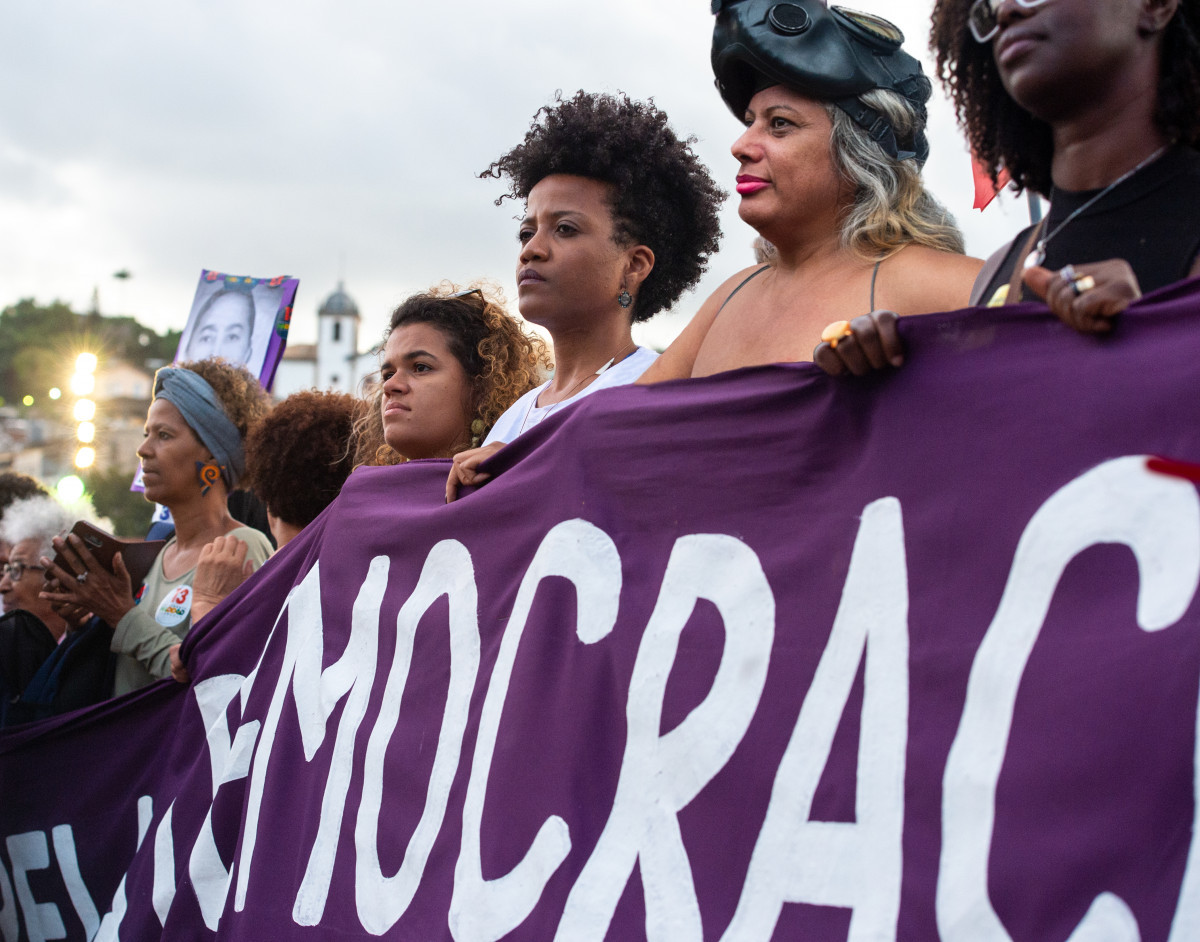
The festival collaborates with several Black and queer artists, organizations, and events, one of which is Célébrons Les Afros-Québéquoises. CLAQ is an initiative that will be presenting a number of virtual events from Feb. 19 to Feb. 21 with a goal to celebrate Black women. One of these events is a panel in collaboration with Massimadi entitled Modèle et TRANSmission.
The panel, which will be held on Feb. 19, features four Black trans women allowing a space for people to know their stories, their art, and their importance. CLAQ initiator, Cam Esther, said kicking off CLAQ with Modèles et TRANSmission was done as a statement.
“It’s a statement to say we want to recognize that Célébrons Les Afros-Québéquoises includes Black trans women too.” Esther went on to say that Black trans women are some of the most underrepresented people, especially throughout the Black Lives Movement this past year.
“We chose this theme mainly to send a message of resistance, to not give up, and to continue fighting for our dreams, our relationships, because there’s hope for a better future.” — Laurent Maurice Lafontant
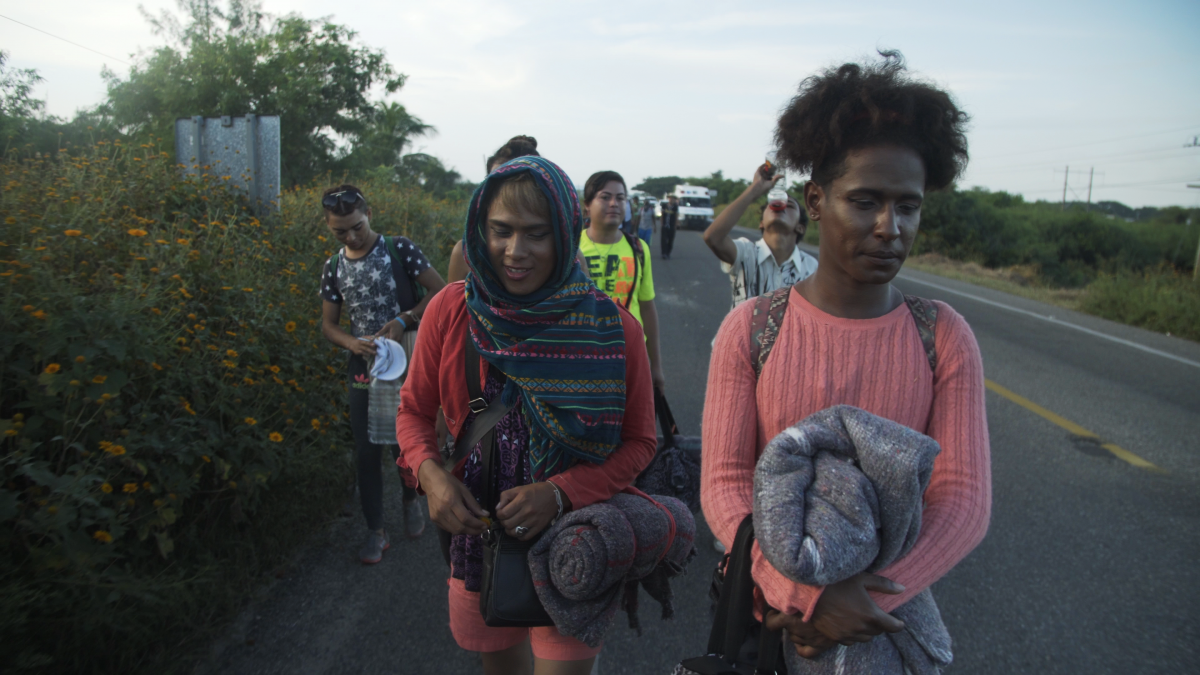
“We talked a lot about George Floyd,” she said, “But still, we saw an underrepresentation of Black women and even more of Black queer and non-binary women. So for me, it was important to create this panel and put it at the forefront.”
Trans women are often associated with stories of violence and murder, and while this is nothing to look past, the panel is a way to enforce that these stories are not the only stories Black trans women have.
The collaboration is an opportunity to add new points of view for the Massimadi festival, the president of the foundation explained. “For us, it’s important to have this solidarity with other Black organizations, whether they are queer based or simply defend Black communities. So for us, it’s a way to fortify ourselves with different partnerships and it provides different points of view from afro queer people.”
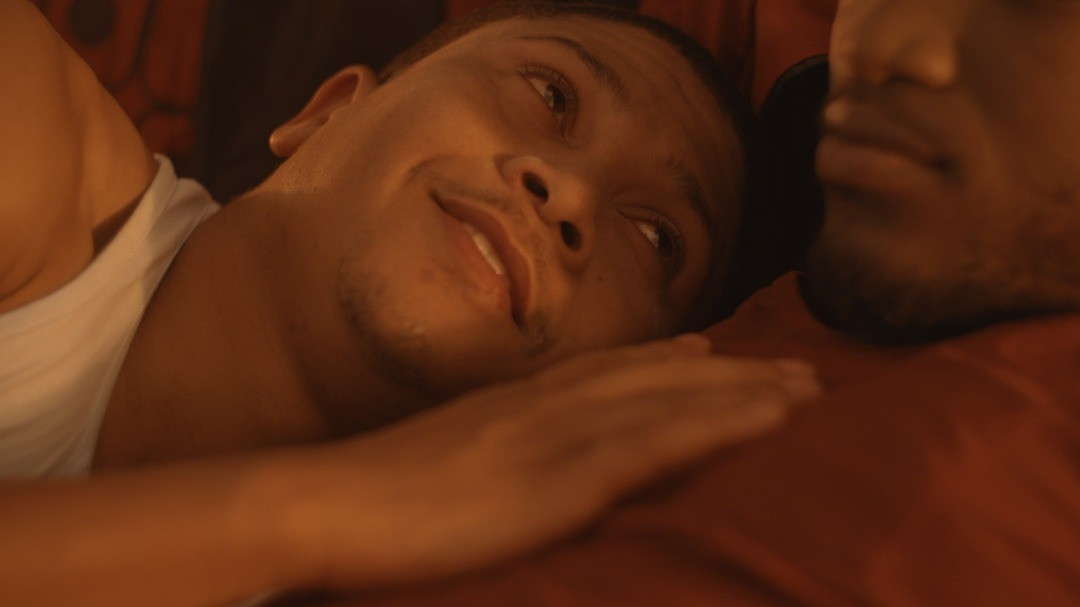
Since the festival is being held online this year, it is available for free to people across the country and welcomes all members of the public. The goal of Massimadi is for people of all sexualities, colour, and background to come together and learn about the Black and LGBTQA+ communities that make up Montreal and Quebec.
To find out more about the Massimadi events and films, and the CLAQ initiative you can visit their Facebook pages and official website.

web_600_375_90_s_c1.jpg)

